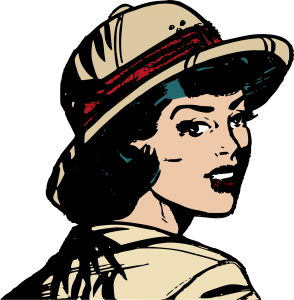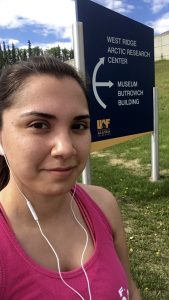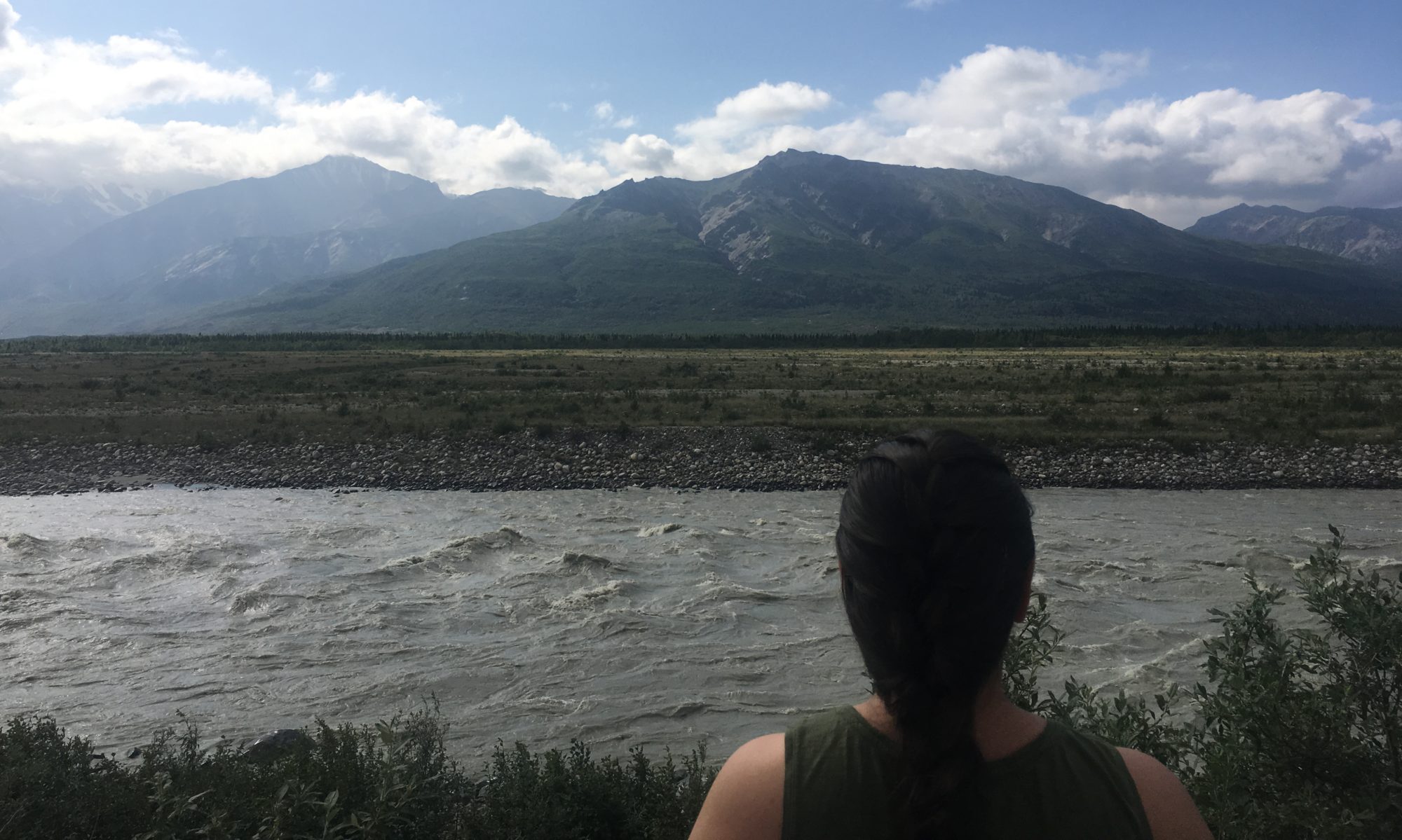Reading Reflection I
Chelsey’s reflections on Chapters 1-5 of The Essential Elements of Digital Literacies.
DigiCit Lit
So, I have an assignment to explore some digital citizenship literature. In ED 601: Intro to Soc. Sci. Research, this would probably be called a literature review. But since the ED 601 lit review is super stressing me out, I like the term exploration a lot better.
So grab your hats, let’s go exploring.

First, I begin with digitalcitizenship.net. A straightforward site. It structures digital citizenship with nine elements. I really like that they begin with the element they refer to as “Digital Access,” emphasizing that not everyone has the same access to technology. This was something that I found critical to recognize as I completed my year of student teaching. Many of my students did not have internet access at home. This heavily influenced my view and implementation of homework.
The nine elements were explained succinctly, and the site has a list of resources and publications, which is useful.
However, although the copyright says 2017, the aesthetics of site seems a bit dated and it definitely lacks some of the little black dress elegance that many modern sites have. Yes, Beauty and the Beast has taught us once again that looks aren’t everything (and that you’ll eventually get over being held hostage), but I do think aesthetics count for something.
The second piece of literature I found interesting and related to my upcoming career as a teacher is an article called “P-20 Model of Digital Citizenship” by Curran and Ribble (2017). This focuses on the educating and molding of digital citizens from preschool to adulthood. It seemed odd to learn about digital citizenship through what I thought was a cut and dry scholarly article, but their definition of digital citizenship definitely caught my attention:
At last, let’s end with Common Sense Education. I had never heard of this site before doing this assignment, and to be honest, the name reminded me of a right-wing website that my uncle is always sharing articles from. However, just a brief glance told me that it was nothing like it.
I think digital citizenship is…
Citizenship is being a part of some sort of social community. Membership in that community comes with certain roles, expectations and responsibilities.
Digital refers to anything that has to do with the web (that is my super simplified definition).
So….digital citizenship is having a role in an online community. A digital citizen has certain roles and responsibilities ( don’t be a troll, hey). My role as a mediocre aspiring writing is to inform the world of my writing attempts (I submitted to the Montreal International Poetry Prize, long shot but I gotta keep the submissions rolling), my perspectives on humanity, and how awesome spicy doritos are.
Being a digital citizen also means having a voice in an online community. I talk about giving my perspectives on humanity but that honestly scares me because I will have to defend my position at some point. I am very used to hiding. Sure I’m online everyday, checking Facebook, checking that sheep pincushion that Amazon tells me I must have (I really must have it, look at this thing). But I have mostly limited my presence to Facebook where I rarely activate my own voice, and Snapchat (yeah, I forgot to mention that in my previous post).
But, I’ve already jumped in feet first, and I’m ready.
Collection I
Thinking about blog-creating
The past week was the first time I have ever created a domain for myself, the first time I have ever worked with wordpress, and the first time I have written a blog. It has been a experience and even though this site was created for a class, I am looking forward to using this as a platform to talk about my writing.
I think that, as a part of a class on digital citizenship, this assignment was created to allow us to become a part of the vast “interwebs” (as my high school students would put it) and therefore experience digital citizenship firsthand.
The most challenging part of the assignment to create a blog has been learning all the technical aspects of creating the blog. I just learned how to change the header image. I still need to learn what a widget is. It’s probably not a fuzzy little alien, even though that’s what the name sounds like.
I also find it intimidating knowing that what I post is public and accessible. It puts a great responsibility on my shoulders. However, I shall post boldly and responsibly.
Halauġikpiñ
Hello. My name is Chelsey Zibell. Last name sounds like a French person saying “The Bell.” But if you mispronounce it, you definitely aren’t the first and definitely will not be the last.

I come from a village called Noorvik in rural Alaska. Dirt roads, small population, everything closed on Sundays. This was where I lived until the fall after I graduated from high school, one out of five graduating seniors. I went to the University of Alaska Fairbanks as an English major, destined to become a high school teacher in my village. Eleven years later and I am still not a teacher in my village.
But that is ok. Because along the way I…
- Had an awesome child
- Graduated with a BA in English Lit and Iñupiaq Language
- Went to grad school as an MA candidate for English Lit
- Discovered that I like creative writing as well as analyzing the shit out of hoity toity books
- Graduated with an MA/MFA in Literature and Creative Writing
- Finally entered a teaching certification program
- Almost died from exhaustion and an inundation of gas station breakfast sandwiches while trying to become a teacher
- Finished the certification program
- am currently looking for a teaching job
Now, about the name of this site. Uqaluktuaqti means “storyteller” in the Iñupiaq language, which is my heritage language. I suppose I consider myself a storyteller, even though I mainly write stories about myself and poems about identity, culture and canned peaches. I have yet to publish anything, but that’s one of my goals for the (hopefully) near future. And now that I’m done with the teaching cert program and still don’t have time for anything, it is the perfect time to make a list of semi-achievable goals:
Goals for the summer:
- Read at least one book that has nothing to do with education or research
- Sew one atikłuk/qaspeq/kuspuk (pictures here if you don’t know what that is)
- Organize my daughter’s room (seriously, I’m afraid of getting lost in the jungle of toys)
- Finish the Shopkins craft I started with my daughter one year ago
- Run all the way to that sign
- Figure out how to get that bit of pink nail polish out of the carpet
- Expand my Netflixing beyond just watching documentaries narrated by John Hurt (although I’m pretty sure falling asleep to the disembodied voice of Human Planet is making me dream smarter)
Since this is my first blog post ever, I ought to inform you of my internet presence.
It is very boring.
I googled myself once and there’s not a whole lot of me to be had. But that is supposed to be very good for a wannabe high school teacher. This spring I had to sit through a seminar where I learned all the various ways that a teacher could possibly lose their license. That evening I sat in bed with a pint of vanilla ice cream and a mason jar of full of a totally teacher-appropriate beverage and contemplated my life choices.
But anyways, I occasionally get involved in writerly projects that show up on the web if you look hard enough. I did do a little bit of Iñupiaq translation for a BBC Radio 4 drama called Looking For Billy. Unfortunately, the audio is no longer on the website, but you can read the synopsis and see my name in small letters on the bottom.
I also did an interview for Anthropoid here.
I also have a Facebook that is equally uninteresting. My friends have been trying to turn me into a Twitterite but so far I’ve evaded such a fate.
Other than that, it’s just me, Uqaluktuaqi, a storyteller, sweeper of crushed Froot Loops, and navigator of the floor of lego pieces and Monster High dolls. I am glad to be here.
